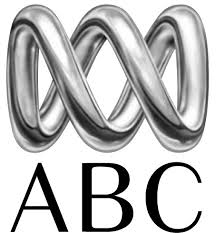Teaching Social Justice Workshop Granville (9 December 2005)
How free are we?
What choices do we have?
How do we learn and teach choice?
Using emotion in learning
Can we use joy and anger in our teaching and learning?
Can we use love and hate?
How do we focus emotions in our teaching and learning?
Taking action, making moral choices
Can we help ourselves and others make good choices?
Can we help people take the right kinds of action?
How do we teach morality?
Full timetable available for download in pdf format

















